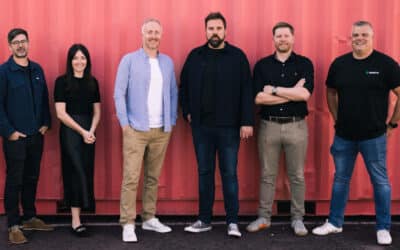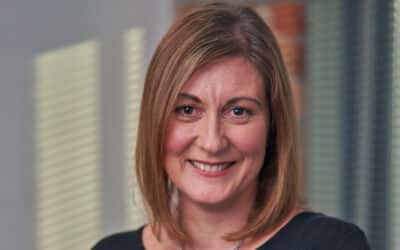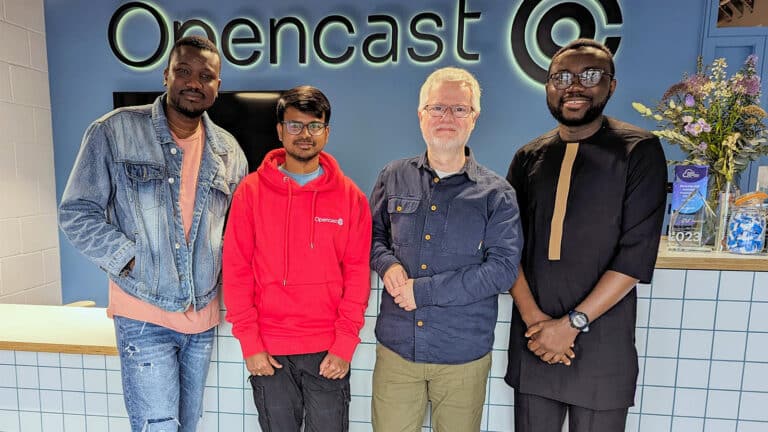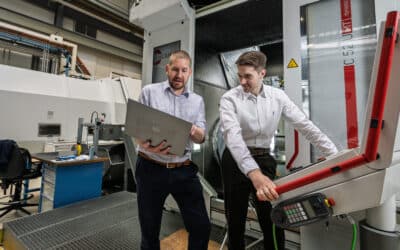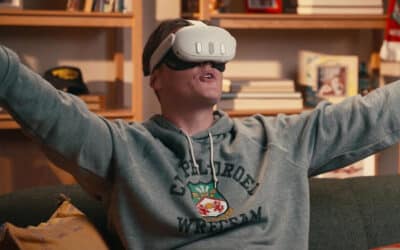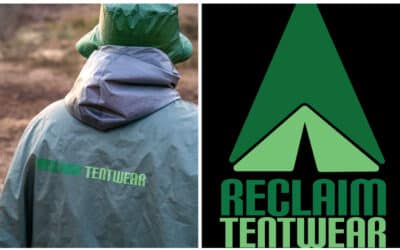Opencast has won a global competition to find a way to reduce carbon emissions when creating software.
The hackathon was organised by the non-profit, Green Software Foundation (GSF).
Tyneside-based Opencast had a team of 9 working on a risk scorecard designed to evaluate the environmental risk in developing specific software.
“This year’s GSF hackathon focused on its impact framework, a way to compute and report the environmental impact of software applications,” explained Adam Coles, Opencast’s Head of Sustainable Services.
“There were several categories and we decided on Beyond Carbon, where we would look at how to increase awareness that digital services can have an impact that goes beyond global warming. We decided to develop a plugin for a risk scorecard, designed to evaluate software based on its software carbon intensity and software water intensity – so our scorecard measures both carbon and water impact.
“Our win was a fantastic result and testament to the hard work and insight of everyone on the team.”
The team created a red/amber/green rating system to make the environmental impacts of software more accessible to a broader audience, including non-technical stakeholders.
“This system was motivated by the realisation that, while the concept of a carbon footprint is widely understood, the significant impact of water usage in software development is less recognised,” Cole added.
“Taking part in the hackathon was not just about the competition; it was also a learning opportunity for our team. We had to conduct extensive research on water consumption in datacentres and power generation which really broadened our understanding of the concepts involved.
“We’re excited about the possibilities this opens up for future projects and the broader impact it could have on the tech industry’s approach to sustainability.”

